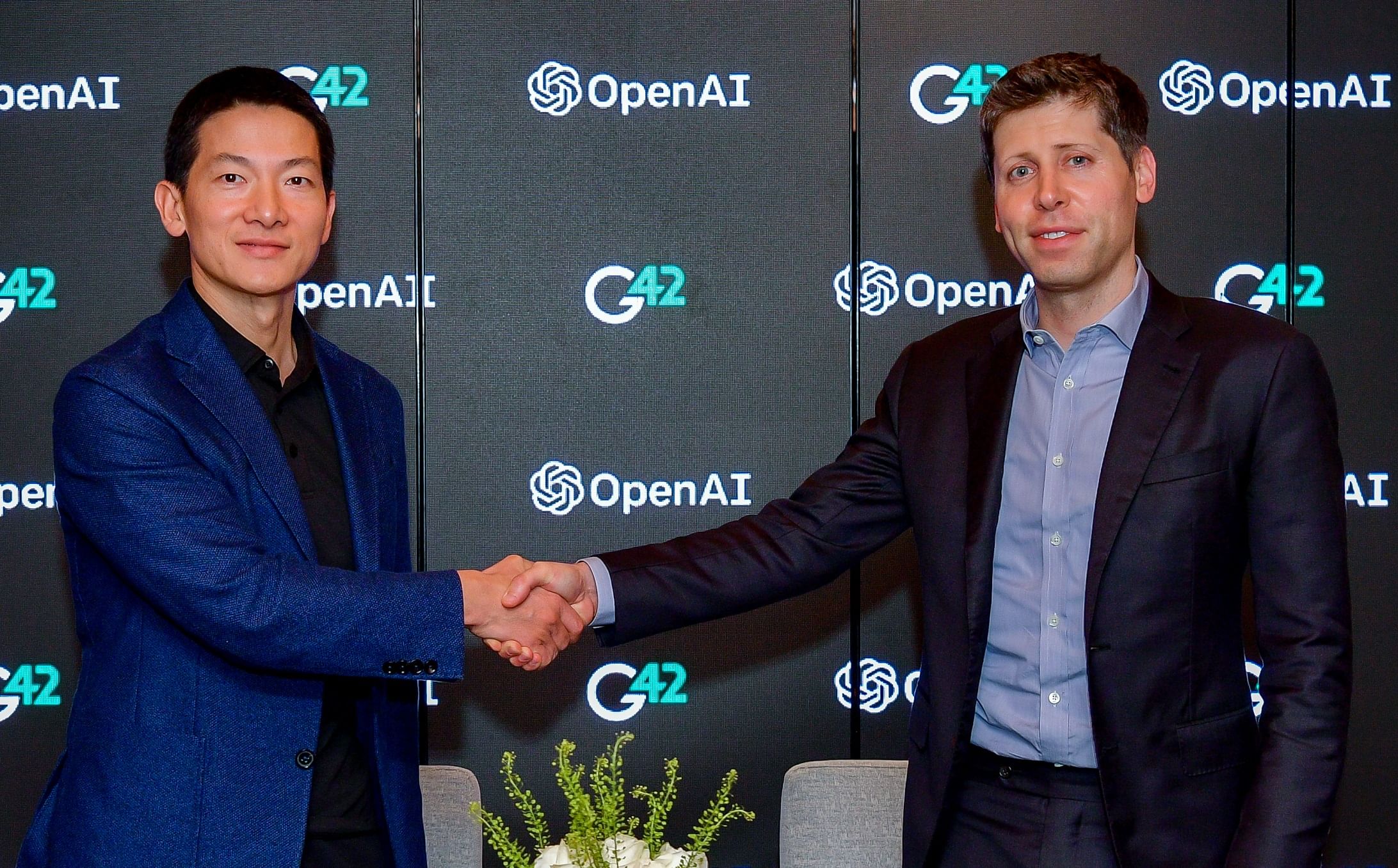Dubai, UAE – With the UAE-based G42’s decision to align with US directives by severing ties with Chinese tech partners early this month, the spotlight now shifts to the actions anticipated from other technology firms across the GCC region. The question now is whether more companies in the region will follow suit?
The G42’s move follows concerns raised by US national security personnel regarding potential espionage risks tied to its connections with Chinese companies. These concerns encompassed fears of data access, including genetic information from donated COVID tests, as reported by the New York Times.
“For better or worse, as a commercial company, we are in a position where we have to make a choice,” G42’s CEO Peng Xiao recently told the Financial Times. “We cannot work with both sides. We can’t.”
G42’s shift away from Chinese partnerships, which include ties to companies like BGI Genomics and ByteDance, marks a significant pivot in their strategy. This aligns with the broader context of the US-China tech cold war, wherein the U.S. has imposed stringent measures, including export controls, to limit China’s access to advanced technology.
Despite China ties, G42 has been cultivating relationships with leading US technology companies such as Microsoft and OpenAI, seeking to distance itself from previous Chinese partners to align more closely with American interests.
In October, the G42 announced a partnership with OpenAI, the AI research and deployment company behind ChatGPT, to deliver cutting-edge AI solutions to the UAE and regional markets.
The partnership will focus on leveraging OpenAI’s generative AI models in domains where G42 already has deep expertise including financial services, energy, healthcare and public services. OpenAI will work with G42 to accelerate the solution development process, ensuring that organizations can best leverage the power of generative AI in their specific use cases.
The UAE, known for its ambitions in cutting-edge AI technology, has been striving to become a global leader in AI research and implementation. G42’s decision to prioritize partnerships with American tech companies aligns with the UAE’s objectives in advancing its AI capabilities.
The ripple effect of G42’s decision could extend to other tech companies in the Gulf Cooperation Council (GCC) region
With the GCC nations aiming to fortify their technological capabilities, the choices made by tech firms in the region will likely influence the geopolitical tech landscape. Observers are keenly monitoring the response of these entities, anticipating how they navigate the delicate balance between global alliances and regional technological advancements.

